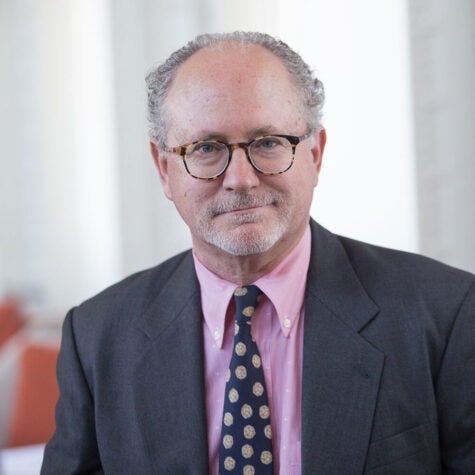Putting Energy into Implementation: Challenges to Subnational Participation in SDG 7
Executive Summary
The seventh of the 17 Sustainable Development Goals (SDGs) of Agenda 2030 adopted in 2015 is “Ensure access to affordable, reliable, sustainable, and modern energy for all.” The Agenda sets five targets for this Affordable and Clean Energy Goal:
- 7.1 By 2030, ensure universal access to affordable, reliable and modern energy services
- 7.2 By 2030, increase substantially the share of renewable energy in the global energy mix
- 7.3 By 2030, double the global rate of improvement in energy efficiency
- 7.4 By 2030, enhance international cooperation to facilitate access to clean energy research and technology
- 7.5 By 2030 expand infrastructure and update technology for supplying modern and sustainable energy services for all in developing countries
Elsewhere, we have examined the role of cities in meeting national and international energy goals, including the tensions related to intergovernmental collective action problems (Hughes 2017). In this paper, we turn our attention from the alignment challenges of energy policy goals to the implementation challenges of energy policy goals. The good news for cities is that Target 7.3 is the most powerful approach to meeting simultaneously both the affordability and decarbonization dimensions (which can fundamentally conflict) and 7.3 also engages the policy domain in the energy systems over which cities have the most formal and informal control. But even this local span of control is not complete and faces constraints that are significant and underappreciated. We identify and discuss intergovernmental, intersectoral, and internal challenges facing the local implementation of SDG 7 in the United States and discuss practices and policies to alleviate these challenges.

